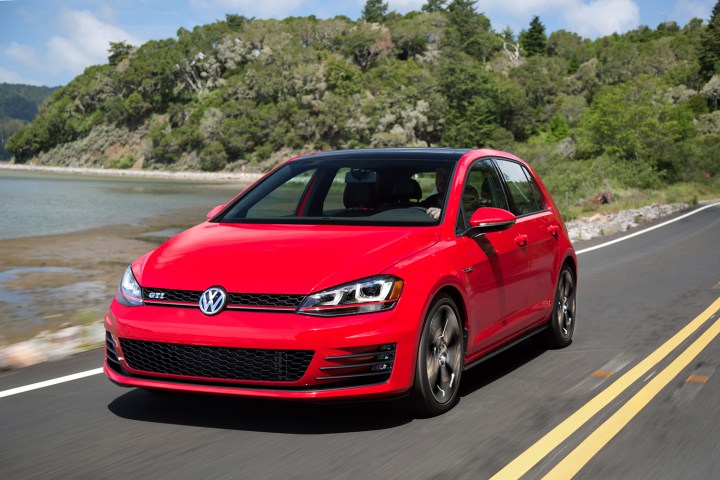
The undertaking is actually composed of three separate recalls covering multiple models from both the Volkswagen and Audi brands. On Friday, Audi announced two separate recalls covering 171,463 vehicles. It and VW subsequently announced a third fuel-related recall, encompassing an additional 110,042 cars.
The first recall includes 2009-2012 Audi Q5 and 2007-2012 Audi Q7 SUVs. In these vehicles, the filter housing of the fuel pump — which is part of the fuel-cap flange — may develop cracks, according to the National Highway Traffic Safety Administration (NHTSA), allowing fuel to leak onto the ground. While Audi did sell diesel versions of these models, the recall only affects gasoline versions.
Audi’s fix is to replace any damaged flanges and install a butyl rubber band to protect them. The carmaker does not have enough parts at the moment, but it will inform owners when to take their cars to dealers to have the necessary work performed, free of charge.
Read more: GM recalls 4 million cars for airbag software defect
The second recall affects 2012-2013 Audi A6 and A7 models. The problem here is a fuel pump hose in the engine compartment could degrade and leak over time. Audi plans to replace both the hose and the under-hood fuel pump it connects to, but has not discussed a timeline for when this recall will begin and, as with the first recall, may not have enough parts on hand.
The final recall includes 2015-2016 Volkswagen Golf, Golf SportWagen, and GTI models, as well as Audi A3 sedans and convertibles from the same model years. This time, the culprit is an improperly assembled suction pump inside the fuel tank, which may have damaged seals. This could allow fuel to leak through the charcoal filters in the cars’ evaporative emissions systems. As with the other recalls, VW has a fix in mind, but may not have the parts — in this case, replacement suction pumps — on hand.
Owners will be notified by Volkswagen and Audi when parts become available and they will then be able to take their cars to dealers for repairs. If you own one of these models, you can call customer service (1-800-893-5298 for VW, 1-800-253-2834 for Audi) or head over to the NHTSA’s Safercar.gov website for more information. Be sure to have your car’s Vehicle Identification Number (VIN) handy in either case.
Editors' Recommendations
- Honda recalls more than 300,000 vehicles over seat belt safety issue
- Tesla recalls 363,000 of its vehicles over safety issue
- Mercedes issues urgent do-not-drive recall for 292,000 SUVs
- Luxury cars continue to burn on abandoned cargo ship
- Hyundai, Kia recall half a million U.S. cars over fire risk


